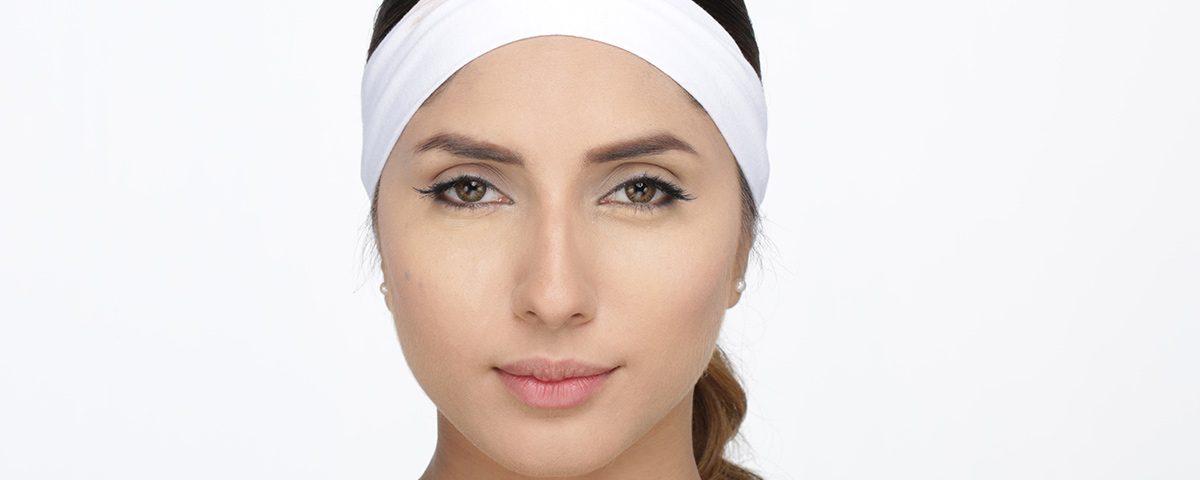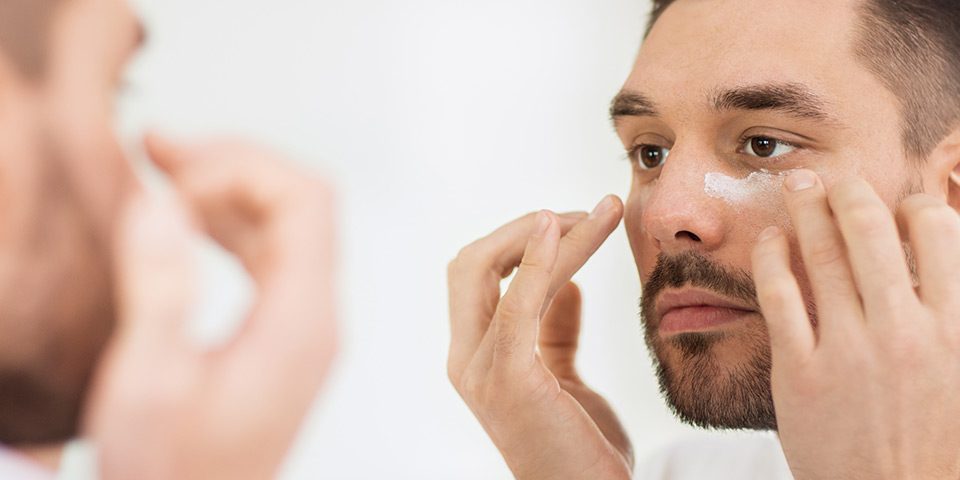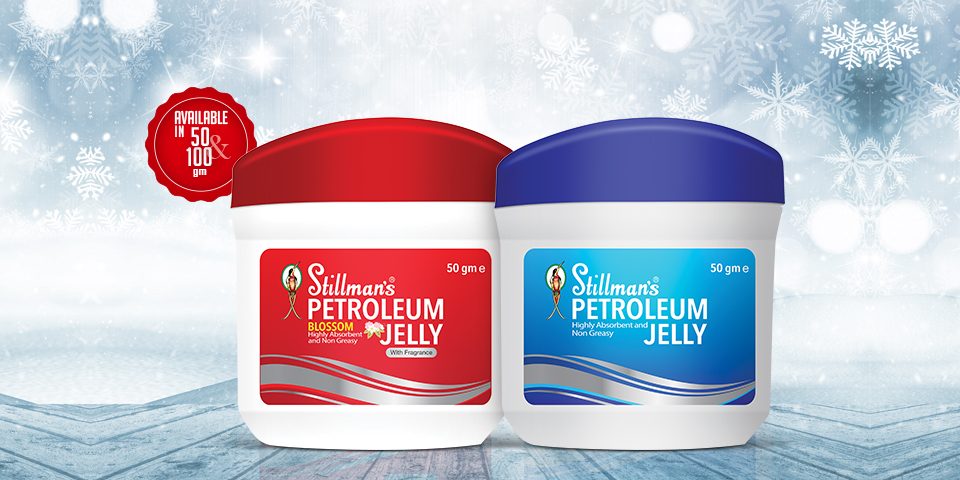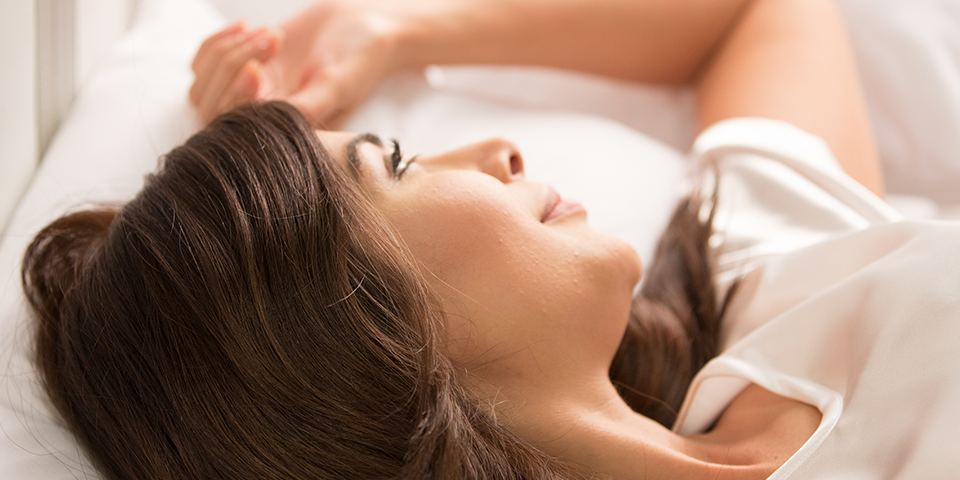
Keeping your Skin Hydrated in the Summer
May 22, 2017
How to take care of your skin in Ramadan
June 8, 2017We all suffer from stress; after all it’s unavoidable since we all have bills to pay, horrible bosses to deal with and struggle with life in general. It’s easy to say ‘don’t stress, things will work out.’ I mean how can we not, right? We are only human and when life throws a curveball at us, we spend countless hours brooding over it. The best thing to do is to learn how to manage stress. You know the drill; eating healthy, exercising, sleeping on time and just generally being kind to yourself. If you don’t, stress will manifest itself through your hair, your skin and nails in unpleasant ways. Here are some of the things stress does to our face and what we can do about it:
- Under eye circles – worrying about tomorrow is the likely cause of sleepless nights which means you get up with bags under your eyes. The reason? Fluid accumulates under your eyes because of lack of sleep so the result is a puffy under-eye area – a dead giveaway for how much rest you’ve had the night before. If you want to get rid of those bags, get at least eight hours of sleep and put away all electronic devices (preferably outside the room) before you go to bed. Try unwinding by drinking a soothing cup of chamomile tea or a glass of warm milk before you hit the sack. If the bags still appear, put cold spoons under the eyes and massage gently from the inner to the outer corner of the eye to get that fluid moving.
- Dry skin – believe it or not, stress is the number one cause of dry, flaky skin because when you’re anxious, you end up drinking a lot of coffee or carbonated drinks that can dehydrate your skin. Drink plenty of water (eight glasses minimum) to counter the dehydration. Drink green tea to get some healthy antioxidants in your system and eat fruits and vegetables rich in fiber along with a high water content. If you are really desperate, you could try using a hydration serum to give a moisture kick to your skin.
- Acne – we’ve all struggled with those nasty breakouts at some point or the other. Acne can be the bane of your existence especially when you are dealing with stress and sometimes no matter what you do, those ugly zits just won’t go away. Your body releases cortisol when you are under stress and this can really disrupt the balance of hormones in your system. The result? Frequent breakouts on your face and body. The balance of good and bad bacteria also goes haywire when you’re stressed. Try taking it easy by practicing breathing and meditation exercises to calm your anxious mind. Drinking a lot water and eating healthy also helps to restore the hormonal balance in the body. Use a concealer for those stubborn zits that take forever to disappear.
- Redness – your face can appear very red from all the stress you take on yourself. This is because your breathing becomes shallow and you may end up even holding your breath at times, thus causing your face to appear flushed. Aromatherapy can be really helpful. Try breathing in essential oils including Lavender and patchouli to calm your skin.
- Fine lines and wrinkles – constant frowning and pursing your lips can cause fine lines and wrinkles to appear faster. Try to break the habit by being mindful of the facial expressions you make when you are stressed. Try putting a piece of clear tape between your brows when you are at work, for instance. That way, when you frown, the tape will move reminding you not to do it. You can do the same for your upper to avoid tightening your lips. Soon enough, the habit will go away because wearing tape in public can be embarrassing. For lines that have already appeared, use anti-ageing serums to temporarily fill them in.
- Gray hair – for those of us likely to go gray early, stress can cause the hair follicles to stop producing melanin, thus leading to those silver streaks in your mane. Biotin and Vitamin B are known to help strengthen your hair along with delaying premature graying.
- Thin hair – your hair can fall out quicker if you are under a lot of stress. The hair cycle goes from the growing phase to the resting phase which means new hair stops coming out. Try making dietary changes and speak to your doctor about what you can do to combat hair loss. Some thickening serums are also known to give the appearance of fuller hair.




